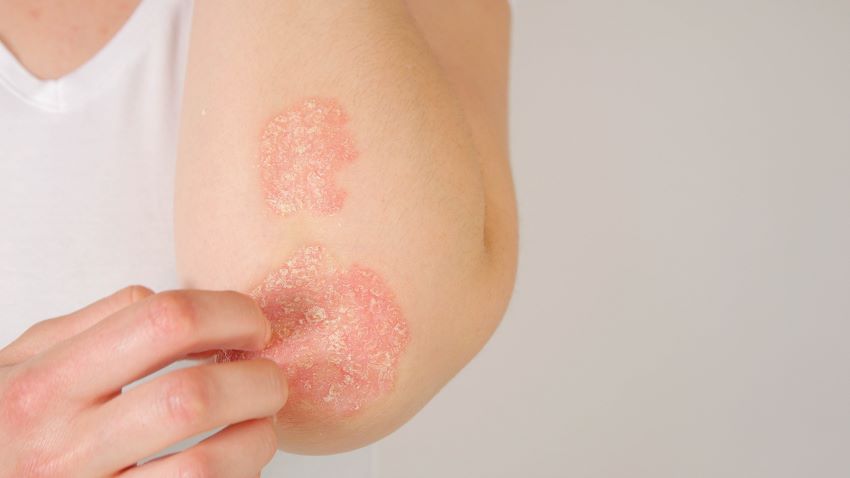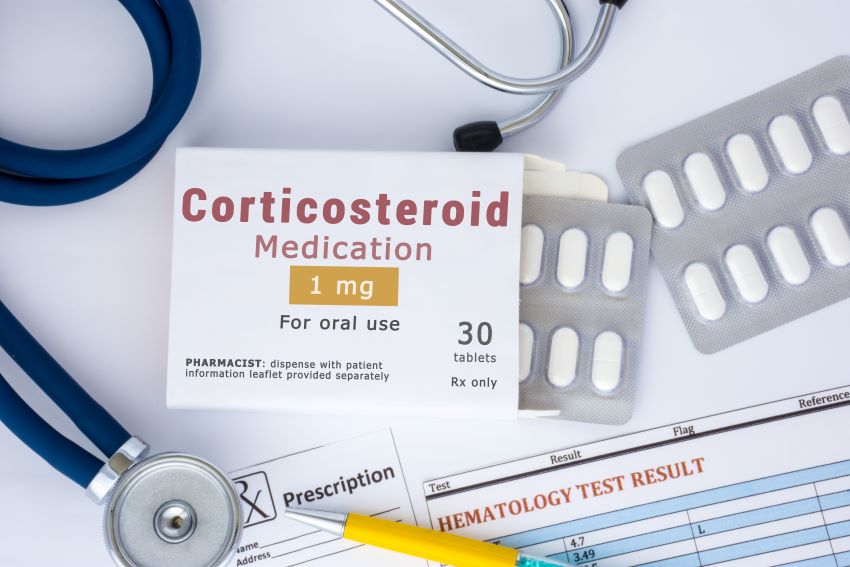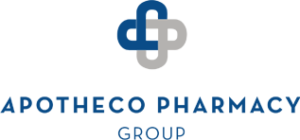What is Eczema? Eczema, also known as atopic dermatitis, is an inflammatory skin condition that can result in red, dry,…

 Eczema
Eczema
Eczema Stages: What is Eczema & What Are The Stages?
What is Eczema?
Eczema is an inflammatory skin disorder that results in red, dry itchy skin. Also called dermatitis, eczema can result in skin bleeding and crusting over in the folds of the arms, back of the knees, wrists, and hands. Eczema is a very personal condition in which each person has different triggers and responds well to different treatments.
What are the stages of Eczema?
- 1. Chronic. This is the most common stage of eczema. It occurs in infants within the first year of birth. Chronic eczema lasts throughout a person’s life with flare-ups occasionally. It can improve with age.
- 2. Acute. Acute eczema occurs when the skin encounters an irritant. It lasts a few weeks until the skin heals.
- 3. Subacute. This is the phase in which the skin is healing from eczema but has flared-up again because it was left untreated.
Eczema Infection?
Eczema patches can become infected if not treated, making the condition more difficult to treat. Three types of infections can occur:
- Bacterial – Staph infection
- Staphylococcus aureus is a type of bacteria that can be found on the skin of almost every eczema patient. The bacteria infects open wounds/breaks in the skin. If the bacteria penetrates the open wound it will cause a staph infection, making eczema spread more quickly throughout the body, and takes more time to heal.
- Fungal Infections
- The most common fungal infection associated with eczema is ringworm. A fungus called candida develops in the folds of skin including elbows, knees, or abdominal folds. When eczema is also in this area, the fungus will infect the flare-ups causing the infection to spread.
- Viral
- Eczema lowers a patient’s immune response to viral infections. The most common virus that can infect an eczema patient is the herpes simplex virus (HSV 1). HSV 1 spreads from skin to skin contact and can cause infectious rashes. The infection “Eczema Herpeticum” occurs when HSV 1 infects an eczema patch and results in a skin eruption of small, itchy, painful blisters.
Treatment for Eczema
To avoid any risk of infection, eczema should be treated properly.
The most common and most effective treatments include:
- OTC Products
- Topical over-the-counter products to treat eczema are typically moisturizing, anti-rash, anti-itch, and gentle skin cleansing products to prevent infection.
- Bathing
- Treating dry skin and eczema patches in the most simple form is to bathe and soak the skin in a warm bath, and moisturize the skin immediately afterward. Additionally, adding specific ingredients like vinegar, oatmeal, and baking soda to the bath can help to calm the skin.
- Prescription Products
- For more severe eczema flare-ups, your dermatologist may prescribe dermatology medications like corticosteroids, PDE4 inhibits, skin barrier creams, or topical calcineurin inhibitors. All of these products should be applied topically to relieve the redness, dryness, and itchiness in the skin.
- Light Therapy
- Light therapy involves a machine that emits controlled levels of ultraviolet B light on the skin to reduce inflammation and itching caused by eczema.
- Systemics
- Severe eczema can be treated by immunosuppressant medications. These help to suppress the immune system to slow down intense eczema flare-ups.
- Biologics
- Biologics are drugs that target a part of the immune system that contributes to eczema symptoms. The drugs are administered intravenously to immediately target that part of the immune system that is triggering eczema.
Overall, the best treatment for eczema can be found through trial and error with any of the above-recommended treatments. Work with your dermatologist to find which treatment will work for you specifically to control your eczema and avoid any infection.
Sources
This blog is based on research and/or other scientific articles and is written by our experienced Chief Strategy Officer and Pharmacist, Ronak Desai. This blog is fact checked by our educated Pharmacist in Charge, Darshan Patel, who additionally runs our Apotheco Manhattan location.
Here at Apotheco Pharmacy Group, our goal is to provide the most up to date and accurate information on health and dermatology related topics. We do this to ensure our readers can make informed decisions based on factual content. All blogs undergo an extensive review process before posted.
This blog contains trusted sources. All sources are listed at the bottom of this article with hyperlinks that take you directly to the source.





